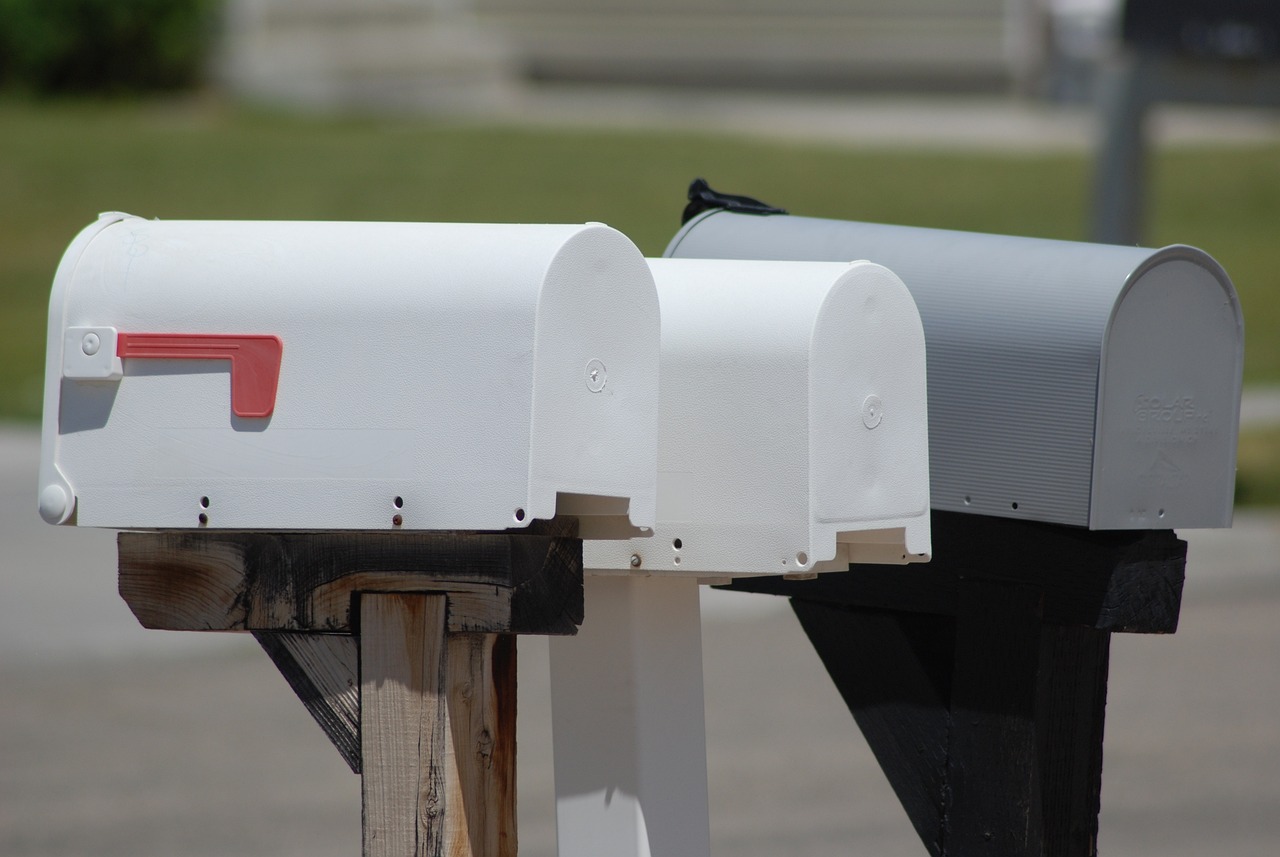Help! The IRS Sent Me a CP1058 Letter. What Do I Do Now?
Receiving a letter from the IRS is never a pleasant experience, especially when it's a CP1058.
But don't panic! Understanding what this letter means and how to respond can make a big difference in how you handle the situation.
What Is a CP1058 Letter?
A CP1058 letter is a final notice from the IRS indicating their intent to levy, which means they plan to seize your property or assets to satisfy your unpaid taxes.
This could include your wages, bank accounts, or other financial assets. It's essentially the IRS saying, "We need you to pay your tax debt, and if you don't, we will take action."
What Happens in 30 Days?
When you receive a CP1058 letter, you have 30 days to respond before the IRS moves forward with their levy. During this time, you have the opportunity to resolve the issue by paying the owed amount, setting up a payment plan, or disputing the amount if you believe it's incorrect. If you don’t act, the IRS intends to take action.
What Can You Do?
- Pay the Amount Owed:The quickest way to resolve the issue is to pay the amount owed in full. This stops the levy process and clears your tax debt.
- Set Up a Payment Plan:If you can't pay the full amount, you can set up a payment plan with the IRS. This allows you to pay off your debt over time, usually in monthly installments.
- Dispute the Amount:If you believe the IRS has made a mistake, you can dispute the amount owed. This involves providing evidence to support your claim that the tax debt is incorrect.
- Request a Collection Due Process Hearing:If you need more time to resolve the issue or wish to dispute the levy, you can request a Collection Due Process (CDP) hearing. This hearing gives you the chance to discuss your situation with an independent IRS Office of Appeals.
The Importance of Hiring a Professional
Dealing with the IRS can be complex and intimidating. Having a professional on your side can make the process much smoother and increase your chances of a favorable outcome. A tax resolution expert knows the ins and outs of the system and can provide the guidance and support you need.
Why David Rappaport Is the Professional You Need
When it comes to handling IRS issues, David Rappaport is the expert you want in your corner. With over 30 years of experience as an Enrolled Agent, David specializes in representing clients before all administrative branches of the IRS and State Taxing Authorities. His hands-on approach and commitment to Concierge Accounting mean he goes the extra mile to ensure his clients' complete satisfaction.
David believes in establishing personal relationships with each of his clients, ensuring they receive the highest level of service tailored to their specific needs. Whether you're facing a CP1058 letter or any other tax issue, David Rappaport has the expertise and dedication to help you navigate the complexities of the IRS.
Call David Rappaport Now
Don't wait until it's too late. If you've received a CP1058 letter or are dealing with any other tax issues, call David Rappaport now. Let his experience and commitment to exceptional service guide you to a resolution and peace of mind.
If you’ve received a CP1058 notice, you’re running out of time.
Call David NOW at (917) 488-8295.
CP71a Letter in Connecticut
Receiving a CP71a letter from the IRS is more than just a reminder—it's a warning that your tax debt is growing.
The CP71a letter is sent annually to remind you that you still owe taxes, and with each passing day, interest and penalties continue to pile up. If you've received this letter, you need to act fast. Here’s what it means and why you can’t afford to wait.
What the CP71a Letter Means
The CP71a letter is a yearly notice alerting you to an unpaid tax balance. It shows the total amount you owe, including all accumulated interest and penalties since the debt was first assessed.
While this letter doesn’t mean the IRS will take immediate action like garnishing your wages or levying your bank account, it’s a clear signal that they could do so if you don’t take action. Your tax debt is not going to disappear on its own.
Why You Can’t Afford to Ignore the CP71a Letter
Ignoring the CP71a letter is a mistake that can lead to serious, irreversible consequences. If you continue to ignore your tax debt, the IRS won’t hesitate to escalate their efforts to collect what you owe. This could mean wage garnishment, bank account seizures, or even a lien on your property. The longer you wait to deal with your tax debt, the more difficult and costly it will become to fix.
What to Do If You Get a CP71a Letter
If you receive a CP71a letter, don’t ignore it—act now. Here’s what you should do:
- Read the Letter Carefully:Understand the full amount you owe, including how much of it is due to interest and penalties.
- Consider Payment Options:The IRS expects you to pay what you owe, but if you can’t pay the full amount, there are other options. You might qualify for an installment agreement, allowing you to pay off your debt in smaller, manageable payments over time.
- Consult a Tax Resolution Expert:If you owe $20,000 or more or have unfiled tax returns, getting professional help is crucial. David Rappaport, with 36 years of experience in tax resolution, can help you understand your options and negotiate with the IRS on your behalf.
Act Now Before It’s Too Late
The CP71a letter is a clear warning to address your tax debt immediately, before things get worse.
By taking action now, you can avoid the severe consequences that come with ignoring the IRS.
If you need help with your tax debt, contact David Rappaport at Rappaport Tax Relief today. With a proven history of helping clients resolve their tax issues, David is ready to provide the expert guidance and support you need to get back on track.
Call David at 917-488-8295 for a free consultation today.

